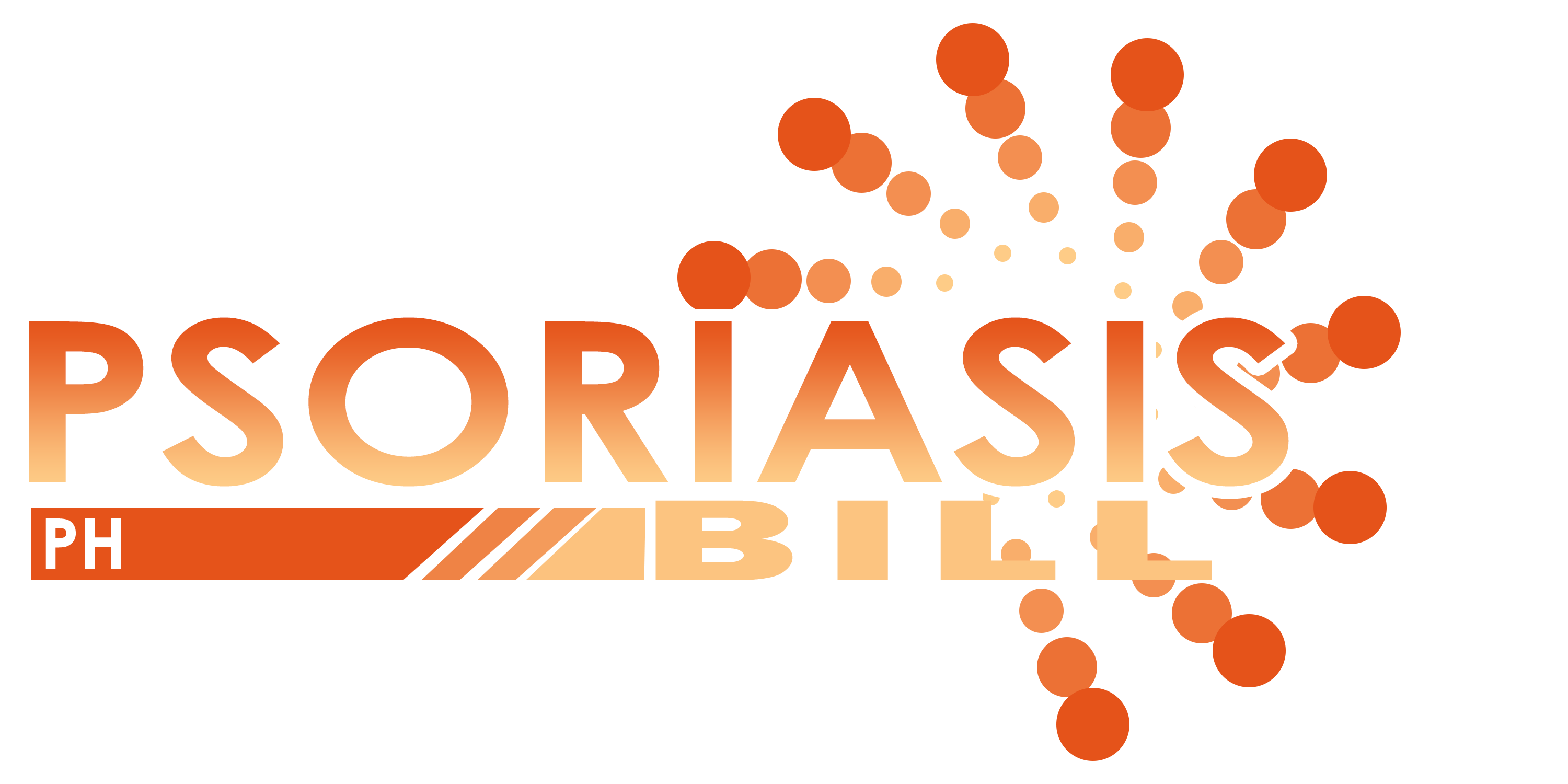About Us
Psoriasis Bill
In July of 2021, Rep. Helen Tan, MD, filed House Resolution No. 9821, or what is known as the National Psoriasis Care Act. The bill aims to ensure that Filipinos afflicted with psoriatic disease will have equitable and affordable access to medicine and treatment that could benefit almost 2 million patients and their families.Philippine Coalition for Psoriatic Disease
In 2019, the Philippine Coalition for Psoriatic Disease (PCPD) convened. A discussion on the ideal care for psoriatic patients ensued during this meeting. The Coalition was organized by: Dr. Jojo Rivera, President of the Philippine Dermatological Society; Dr. Juan Javier Lichaoco, President of the Philippine Rheumatology Association; and Mr. Josef de Guzman, Founding President of Psoriasis Philippines. The three leaders also noted that most patients opted not to seek medical help and risk exacerbations due to the high cost of medications and treatment in treating psoriatic disease.
PSORIATIC DISEASE
Psoriatic disease is a systemic condition affecting multiple body sites, predominantly the skin, the joints, or both. In addition to skin and joint symptoms, psoriatic disease includes an increased risk of developing related non-communicable diseases and majorly impacts a patient's mental health and quality of life.
In 2014, all UN member states during the 67th World Health Assembly committed to improving the lives of people afflicted with psoriatic disease. The World Health Organization (WHO) Global Report on Psoriasis in 2016 published practical recommendations on achieving this ambitious goal. Unfortunately, more than five years after these milestones much is left to be done.
There are an estimated two million Filipinos afflicted with this disease. Most of them have little or no access to medicines and treatment, considering that suicidal ideation rates rose from 18% to 24% during the pandemic.
Lack of opportunities for people with psoriatic disease due to discrimination and almost no access to treatment place a heavy burden on the patients living with this disease. Stigma on this disease due to lack of information helps aggravate the challenges that patients meet on a daily basis.
